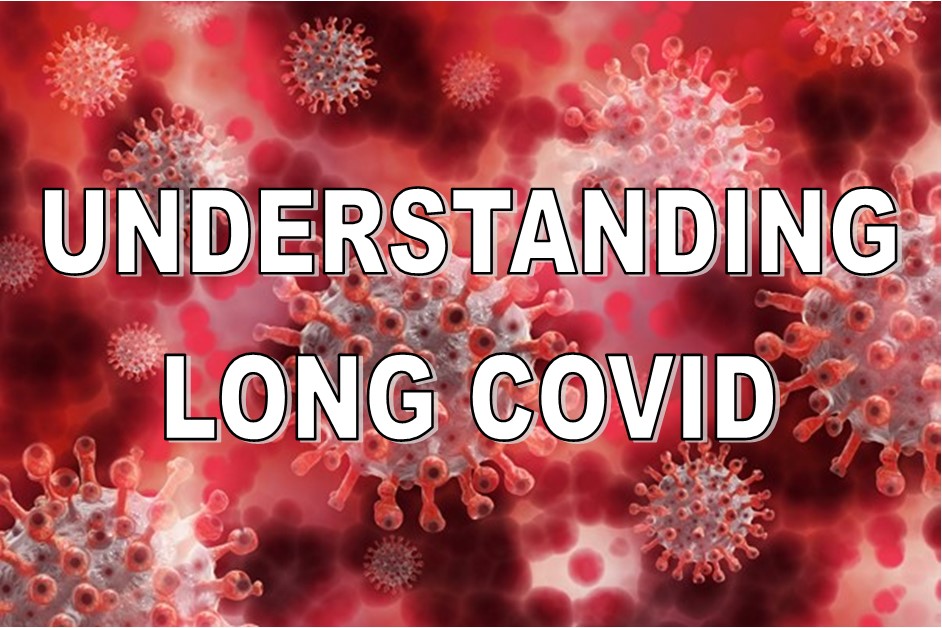Understanding Long COVID

Published: 07/06/2021
As the coronavirus pandemic continues, we are able to learn more and more about the potential long-term effects of COVID-19. Understanding Long COVID (Post COVID-Syndrome) will help us make sense of what this is. There are many questions that people have regarding COVID. Doctors and patients are discovering the aftereffects of COVID in tandem, but what is becoming increasingly clear is the growing need for post-COVID support.
To help you make sense of Long COVID, we have provided answers to some common concerns.
How long does it take to recover from coronavirus?
After contracting coronavirus, most people will feel better after a few weeks and make a full recovery within 12 weeks but this will vary from person to person.
How long is COVID contagious for?
COVID-19 can be contagious for up to 14 days. This is the time that it can take from contracting the virus to developing symptoms. Once COVID symptoms have begun, most people will be contagious for around 10 days.
As per Government guidelines, if you feel that you have any symptoms, you must self-isolate. If you then test positive for COVID, your self-isolation period includes the day that your symptoms started and the next 10 full days.
If you're based in South Cheshire and require support whilst self-isolating or shielding, contact our amazing and lovely office team.
What is Long COVID? (Understanding Long COVID)
For some people, the effects of contracting COVID-19 last much longer after initially falling ill and they continue to experience symptoms. This is known as ‘Long COVID’ or ‘Post-COVID Syndrome’.
What are the symptoms of Long COVID?
Long COVID symptoms are wide-ranging and can vary from person to person. Therefore, people who had mild symptoms when they were first infected with COVID-19 may still face long-term problems. Symptoms can include:
- Changes to sense of smell/taste
- Dizziness
- Problems with memory
- Joint pain
- Difficulty sleeping
- Extreme tiredness
- Heart palpitations
- Loss of appetite
- Stomach aches
Those experiencing Long COVID can become frustrated with their continued symptoms, particularly as the lasting effects are not yet fully understood. Frustration, fear and anxiety are common mental health effects of Long COVID and for people facing these types of post-COVID symptoms, Companionship and Support have never been more important.

